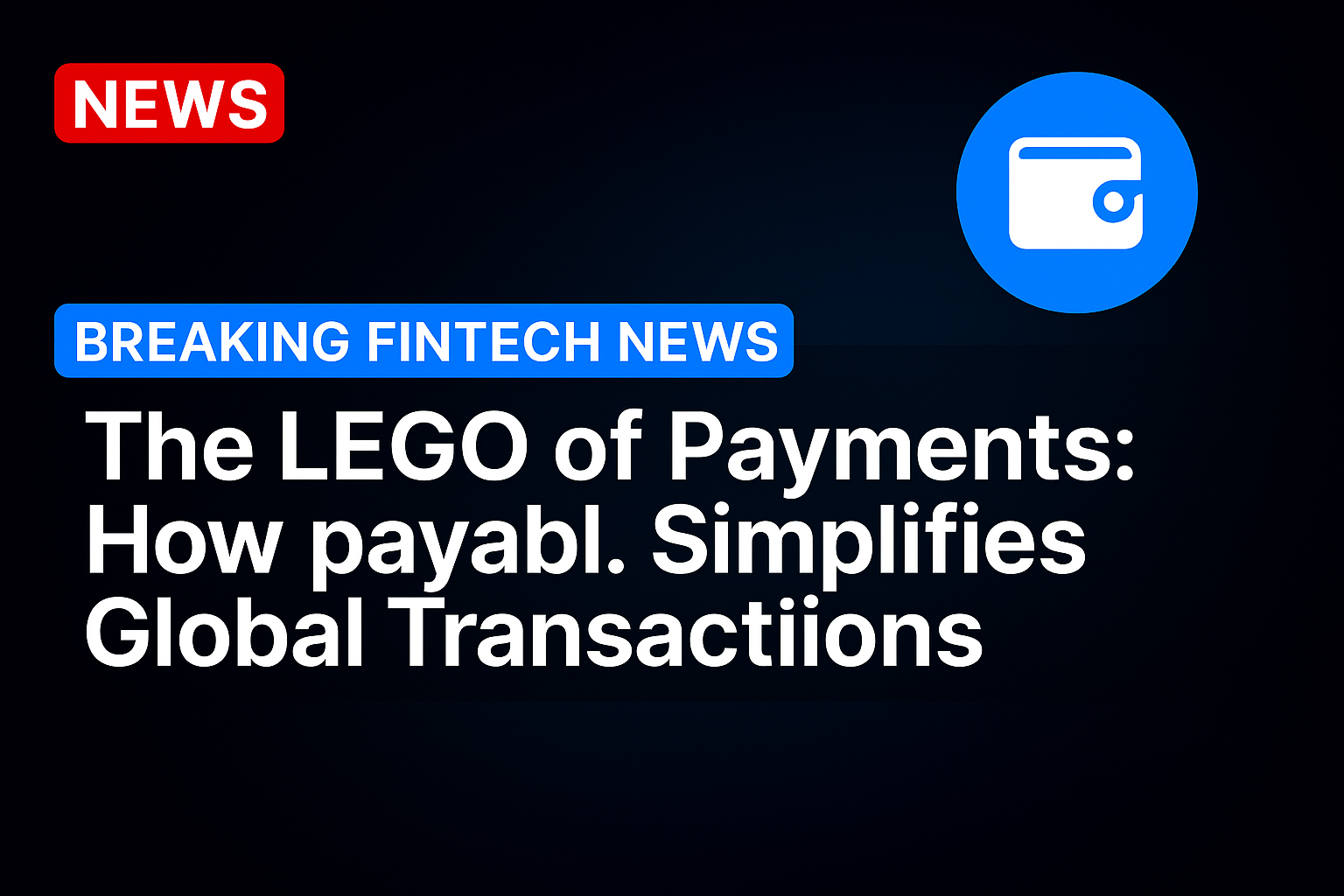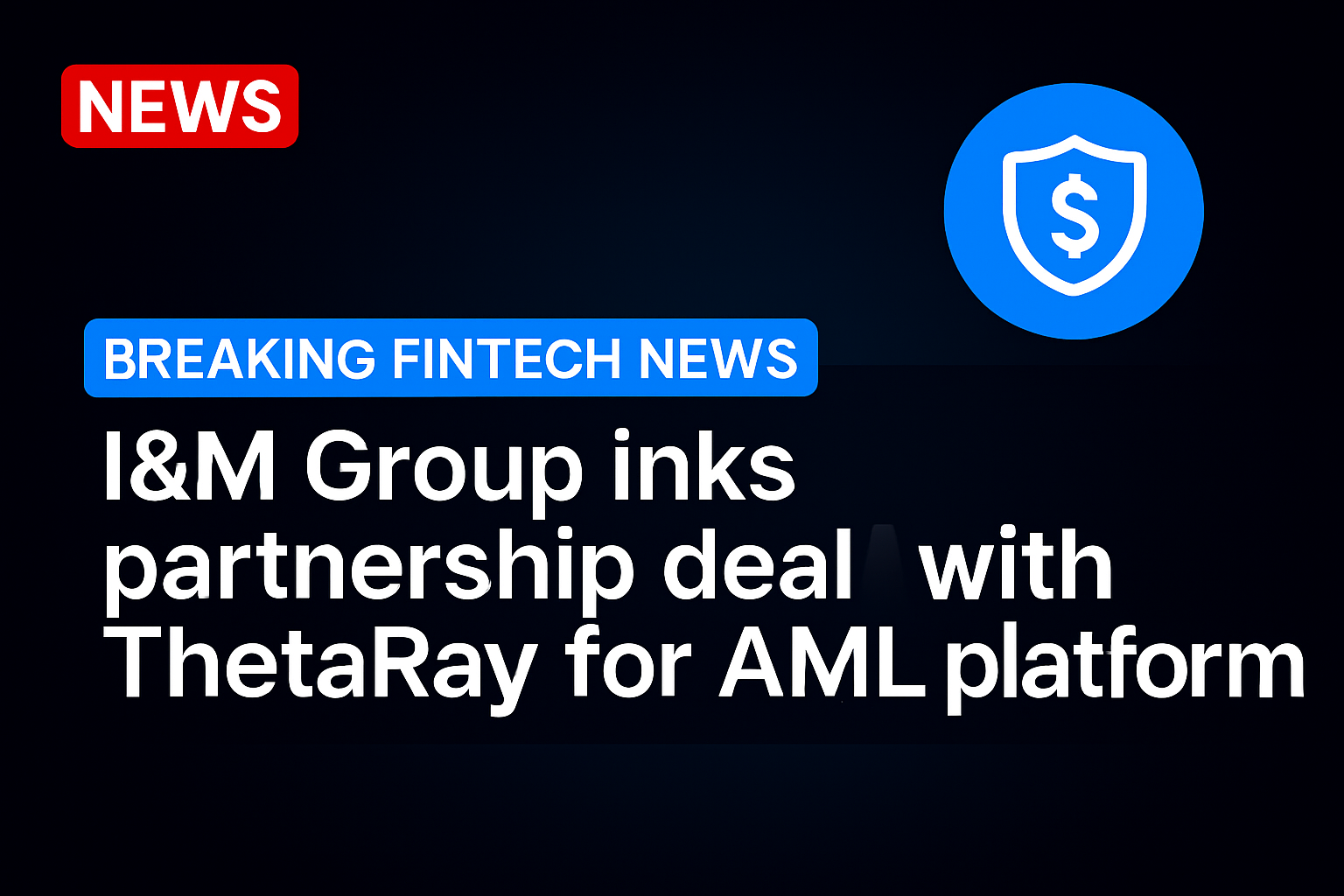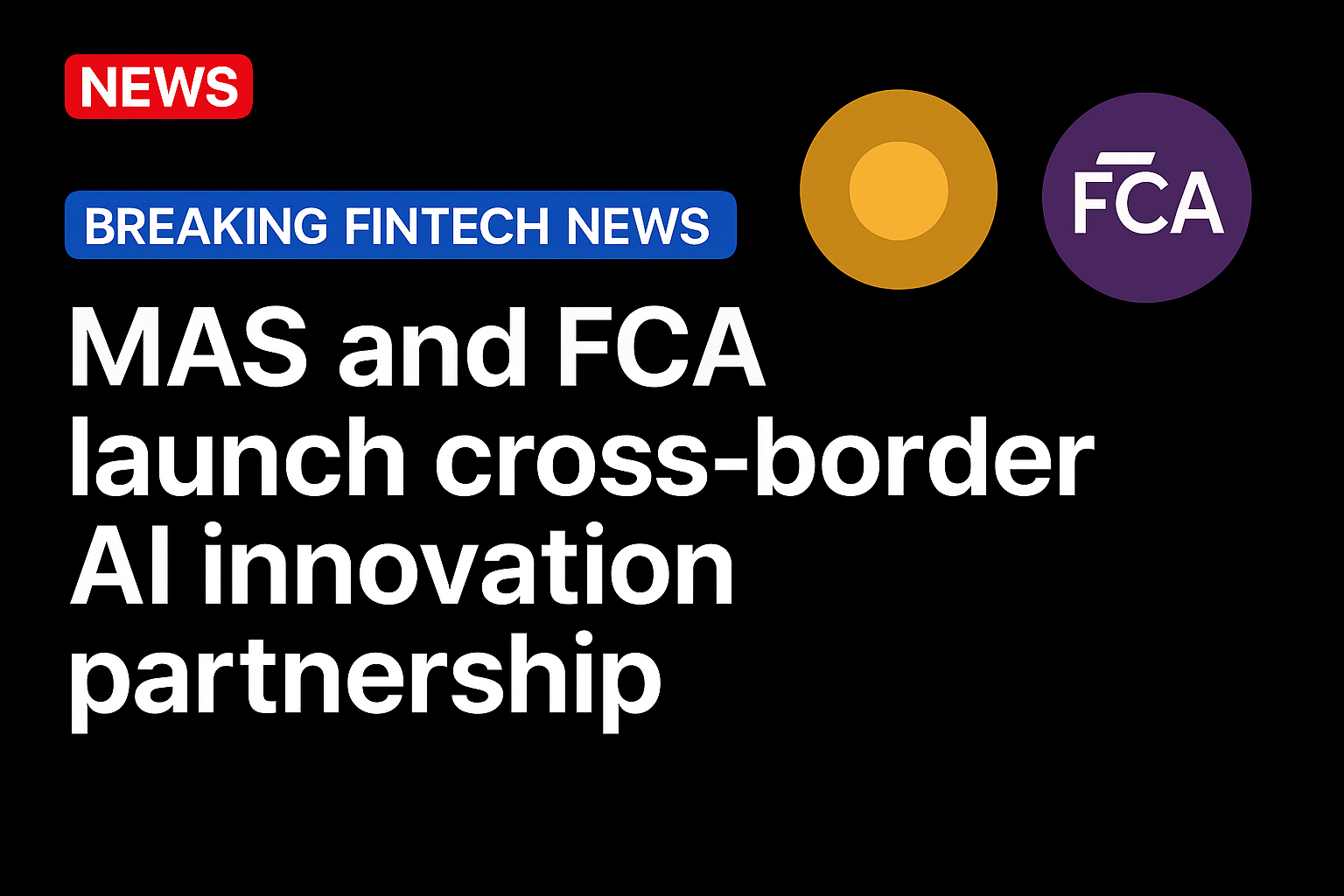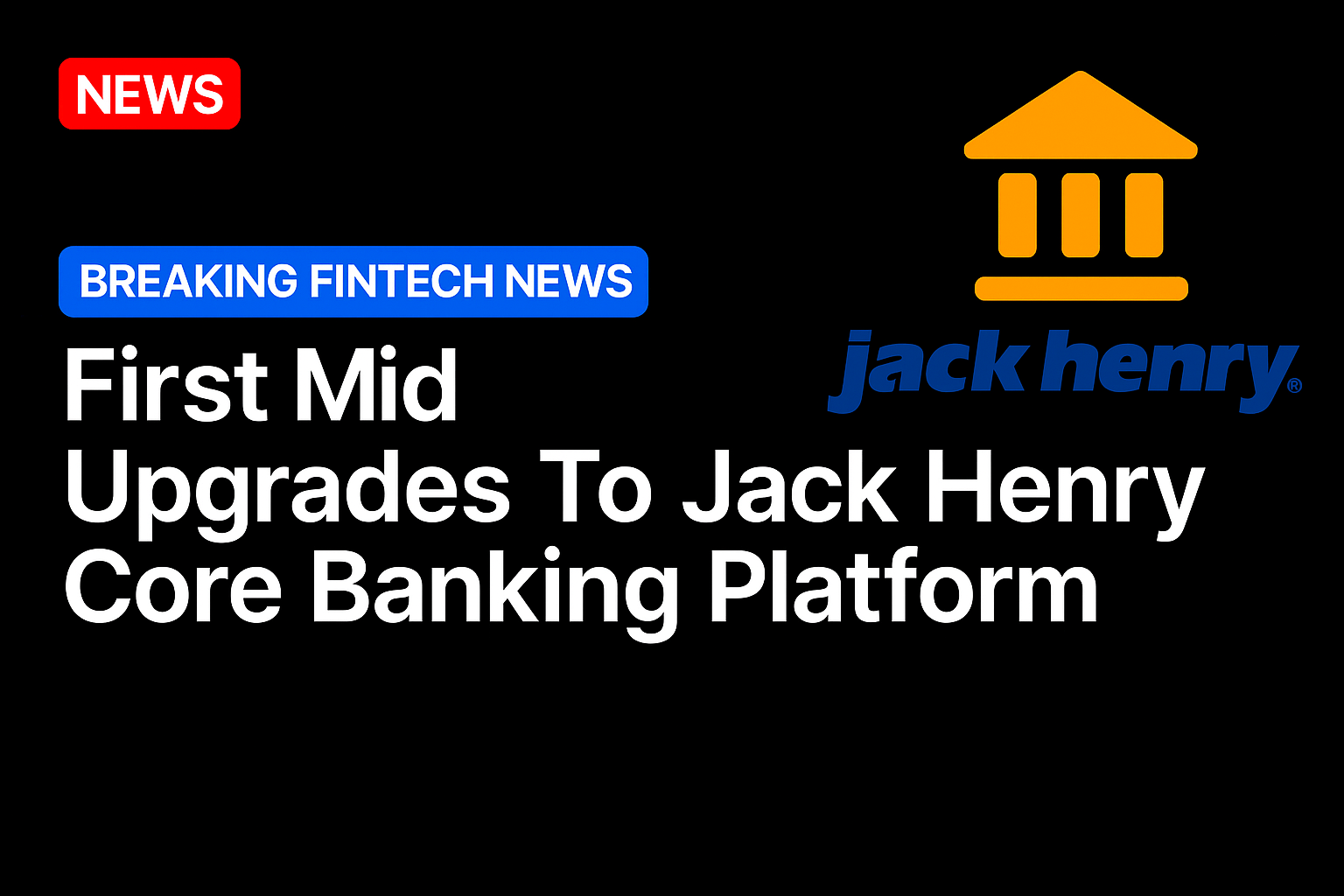Global B2B payment provider payabl. says it is the ‘LEGO of payments’, offering a modular ecosystem that gives businesses the building blocks to shape their financial operations in a way that best suits them.
To find out exactly how payabl. is making its mark in the global payments space, The Fintech Times caught up with the company’s head of product, Breno Oliveira, both at Reflect Festival in Limassol, Cyprus and Money20/20 Europe in Amsterdam.
Breaking down payabl.’s roadmap and plans for the future, Oliveira revealed that the payment provider is currently expanding its local payment methods portfolio.
But this year, payabl.’s big news is its launch of virtual business cards and its new modular platform that brings all of its core financial services into a single, scalable solution, dubbed ‘payabl.one’.
“Merchants that have a business account with us can issue virtual cards for their employees, accountants, and to whoever else they need, to enable them to manage the finances more easily,” the head of product explained.
“We like to call ourselves the LEGO of payments, because we combine all of our products into one place, payabl.one. This platform combines card acquiring, card issuing, business accounts, local payment methods and in-person payments.”
Consumer attitudes to the checkout
While on stage at Reflect Festival, Oliveira shared findings from a survey of over 1,000 consumers to uncover their attitudes towards different checkout experiences, and understand their ideal checkout characteristics, as well as their non-negotiables.
The research found that 43 per cent of customers will abandon a purchase and never return to a site after a poor checkout experience. Gen Z appear even less forgiving, with this generation of customers ready to give up on a purchase altogether if the checkout process takes longer than 10 seconds.
However, when payabl. further questioned the same individuals, they revealed that they’d be ok if it was slightly slower, if that meant it ensured a safer transaction.
“While this can seem contradictory, it doesn’t necessarily have to be,” Oliveira later explained. “There’s a space for product transparency in the middle. If you can make it clear that a specific transaction is going to take a little bit longer, say because the transaction is originating from a new country, that’s a game changer.”
But it isn’t only younger consumers who favour speed and convenience. In fact, 53 per cent of consumers surveyed said they would be open to switching to newer payment methods, with 30 per cent of those willing to do so to achieve a faster checkout process.
Consumers cited speed (46 per cent), convenience (44 per cent), and security (41 per cent) as the top reasons for choosing a payment method, rather than sticking with one out of habit (21 per cent). As a result, Oliveira says that the checkout can no longer be an option or afterthought for merchants, something the majority have already recognised.
Action-driven insights
Recognising this, payabl. is aiming to ensure that merchants can deliver what customers are asking for, partly through its new payabl.one platform.
By launching new virtual business cards, payabl. has added a new product to its existing portfolio, all of which plug and play into payabl.one. During Money20/20 Europe, the company ran demos of the platform, which we had an opportunity to play around with.
The development team focused on packing a wide range of insights into every part of the offering, all of which aim to help merchants make strategic business decisions.
Oliveira discussed this approach: “We’ve built a platform that is action-driven. We’re helping merchants understand all of the pending actions – when the next settlement will land or any warning on chargeback requests, for example. We don’t show data for the sake of showing data because it looks nice. We share data that we know the merchants will want to take action on.”
He also argued that, for many firms, product development and design aren’t prioritised, meaning potential value is lost. Sharing an example, he added: “Many competitors present merchants with a dashboard that isn’t really useful. They often highlight the merchant’s growth, but what can they really do with that information? What about the things they really care about, like their conversion rate, and things they can improve on, and that’s what we were aiming for with payabl.”
“We don’t show data for the sake of showing data because it looks nice. We share data that we know the merchants will want to take action on.”
The LEGO of payments
Using the new platform, Oliveira demoed how quickly merchants can issue new cards to their employees. From the dashboard, it took less than 20 seconds to issue a new card, which becomes instantly accessible to the intended user, who receives an email with instructions on how to use it.
“We have all the products lined up to help merchants. Then the merchant can pick and choose whatever is necessary for them. That’s why we call ourselves the LEGO of payments. We build the pieces, but the merchant joins us to build the composite that works exactly how they need it to. It requires a true partnership between the merchant, fintech, and paytech to ensure they maximise the value they get from us.”
While the platform already boasts a wide range of functionality, Oliveira revealed that payabl. is exploring adding more, and that we may see crypto payments and settlements, for example, added to its portfolio somewhere in the future.
The insights laid out by the platform are also set to change in future. payabl.’s plan is to analyse customer data to work out which dashboards its customers use the most, and which insights are not as popular to revamp what it shows them over time. Each dashboard is also tailored to each client, while giving them choices as to which insights they see.
It’s clear to see why the ‘LEGO of payments’ plans to continue with this approach, prioritising enabling merchants to make changes and decisions based on the data given to them, alongside the customer experience. Rather than offering merchants a one-size-fits-all solution, payabl. has recognised the value of not only personalisation, but going one step further.
Source: https://breakingfintech.news/





